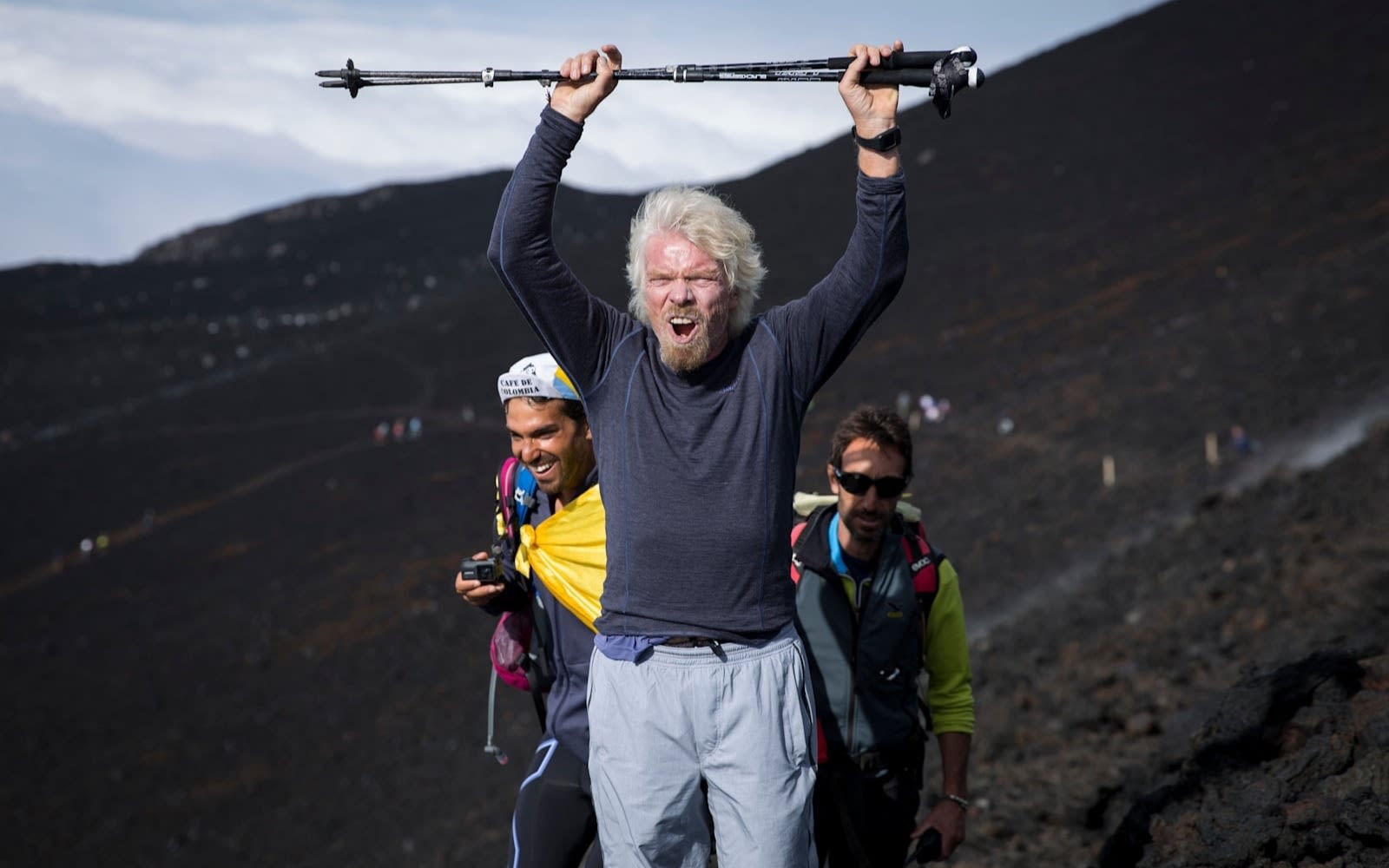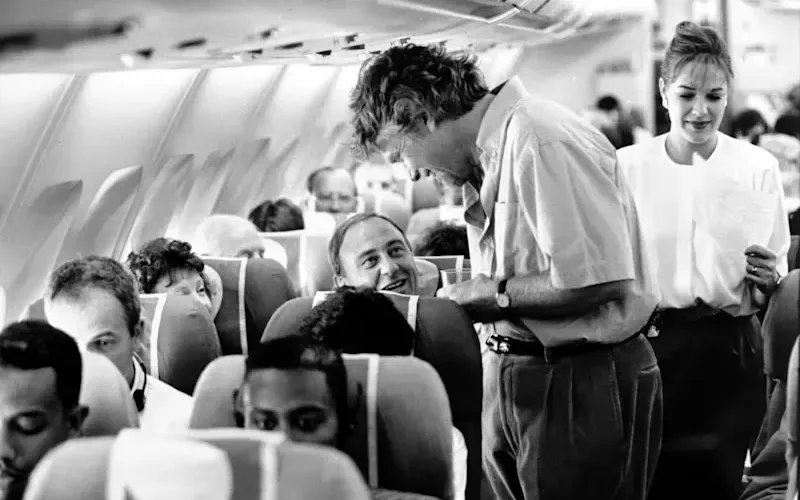Instinct in a world of analytics
I’ve always relied on instinct when it comes to calculating risks, putting trust in people and making important business decisions. There are some things that can’t be summed up in a statistic, and this is when you need to use a bit of intuition.
On the Strive Challenge this year, I had an interesting conversation on the topic with the team, who have all followed incredible careers across many different sectors – from business and science to aerospace engineering and medicine. We were discussing how decisions are becoming more and more data-driven, as technology and artificial intelligence advances. However, as we rely more and more on analytics to make our decisions, we’re losing touch of our human instinct and we’re taking human reasoning out of the equation. We all agreed on the danger this presents and the importance of looking at every decision with a human lens. Creativity, problem solving, reasoning and imagination will be the soft skills in high demand in the future.
When we lose touch of our intuition, we naturally become more risk-adverse and conservative. At Virgin, we like to work fast, to try ideas, see if they stick, and find new solutions and new innovations if they don't. If we got too bogged down in the statistics all of the time, we wouldn’t be able to stay agile. As Tony from our Strive team put it during our discussions: “Don’t be too loyal to an idea. Use humility to keep an open mind and embrace new perspectives.” Maybe the finances all add up, and the graphs are in the green, but if it’s doesn’t feel right – it’s worth exploring those feelings and remaining willing to take risks.
When we launched Virgin Atlantic, we had to take a number of risks – from selling Virgin Records to challenging the firm monopoly held by British Airways. If we had only focused on the financial risk, it may never have launched. But I knew the market was ripe for disruption and people deserved an airline that served them better. 35 years later and the rest is history!
As we sat around the campfire at Strive, we also agreed that there are some things that can’t be measured in an infographic – and this is particularly true for education. For example, how do you measure potential? How can numbers measure levels of confidence, resilience and emotional intelligence? Kurt Long, a Strive Challenge veteran, summed it up perfectly when he paraphrased Maya Angelou’s words and said: “You may not remember what your teachers taught you, but you’ll always remember how they made you feel.” We need to always consider people’s feelings when we make decisions, and data alone doesn’t do this justice.
While data and analytics present us with many opportunities to take more calculated risks, increase efficiency and guide decisions - don’t forget about human instinct. Trust your intuition, stay curious and always put your people first if you want to thrive in the long-term.





